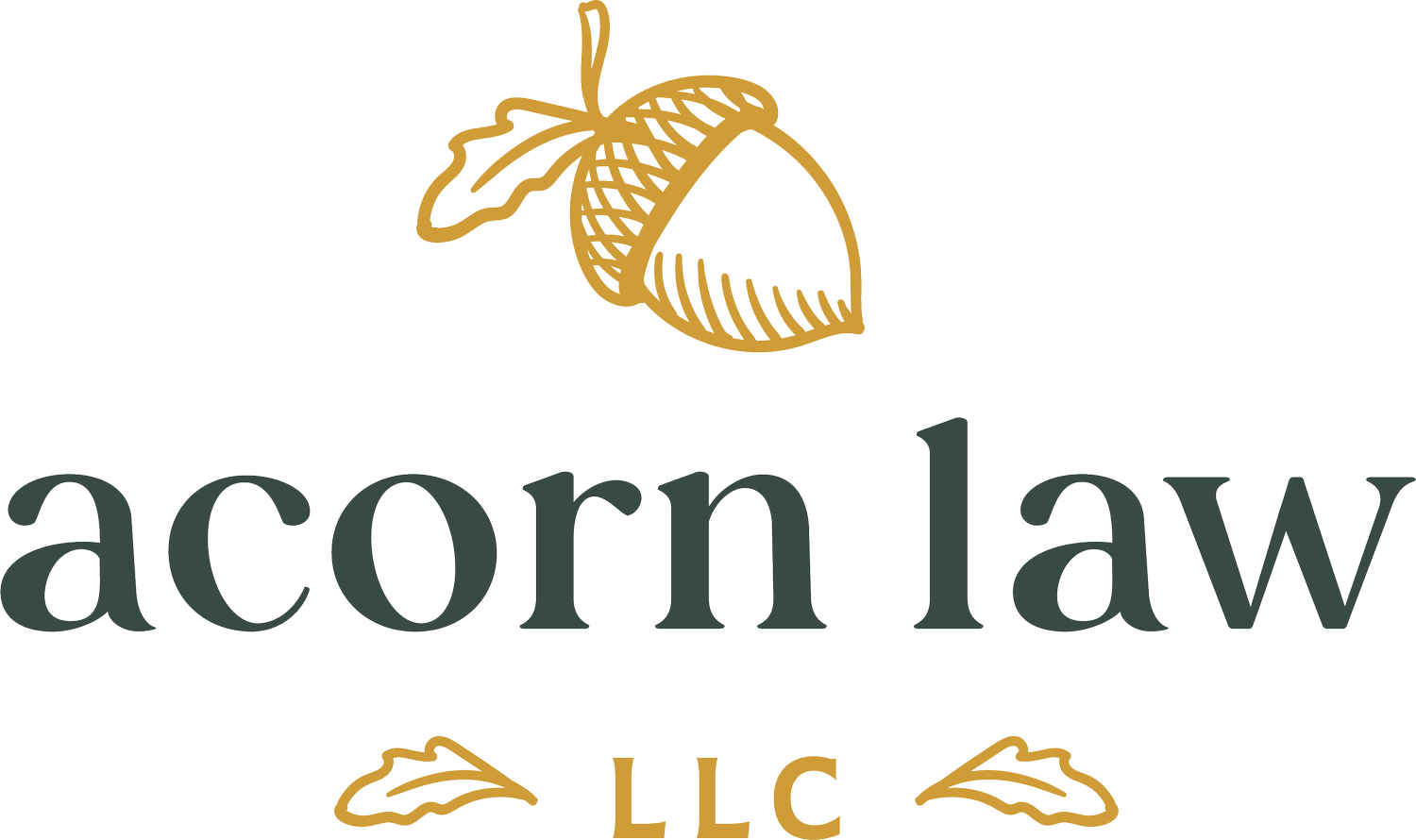All In The Family: Can One Estate Planning Lawyer Represent Multiple Family Members?
Attorneys owe ethical duties of loyalty and confidentiality to their clients. In many matters, such as a criminal trial or a custody dispute, this means that each client typically has their own lawyer. However, in estate planning it is quite common for one lawyer to work with multiple members of the same family - often husband and wife, or parents and children. When people have similar goals, beneficiaries, and/or co-mingled assets, using the same attorney often makes sense. It can really benefit everyone to have estate plans that dovetail together well and using one attorney is a cost-effective way to achieve this result.
However, every time an attorney works with more than one person on a matter, it is important that the clients understand the pros and cons of this joint representation. Your attorney should have a frank discussion with you about the limits of joint representation and even include these understandings in your engagement agreement. Some of the major things to consider include:
Information provided by one client cannot be kept confidential from another client.
If a disagreement arises, the attorney cannot be an advocate for one client against another. Instead of acting as an advocate, the attorney would act in a mediator-type role to work toward creating a plan that achieves the interests and goals of all clients.
Ultimately, if joint clients cannot agree, the attorney would be required by the ethics rules to withdraw from the joint representation.
Make sure to engage an experienced estate planning attorney to navigate these issues effectively for your family. If you’d like to chat about whether joint representation might work for your family, make an appointment. We’d love to talk to you and we’d love to help!


